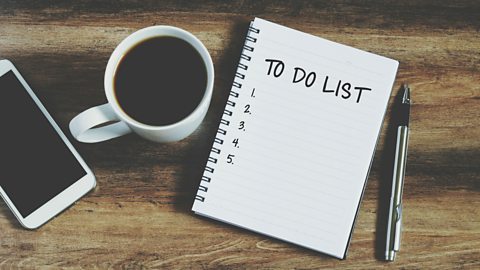Emily Yoder CAS’24
As I began this semester, which, as a junior, marked the halfway point through my college career, I decided to evaluate the past two years. I’m studying abroad in the spring and realized that, after I leave campus for Christmas break, I won’t return to BU until I’m a senior, at which point I hope to be well on my way to completing graduate school applications. “Time flies” is a cliché, but all clichés are rooted in some reality and I decided to do some early semester critical thinking to maximize this last semester on campus before all of the responsibilities and life changes of senior year hit. I think that critically evaluating oneself during periods of change is a positive way to ensure that that change is for the better. I regret not making lists such as the one that I’m about to outline before my past two semesters at BU; doing this as a form of journaling taught me what factors are the most important to my mental health, happiness, and academic or professional success. So, enough background: here’s a guide to writing some easy (and hopefully relaxing) self-analytical lists as a form of journaling!
A Short Guide to Self-Reflection:
Make lists! Write out:
- What things made you the happiest last semester? Were they social, your
hobbies, trying new things? - What upset you the most last semester OR what negatively impacted you
last semester? Were these things in your control? Were they patterns, or
one-time, exceptional occurrences? - What worked well for you academically or professionally last semester?
- What didn’t? (Note: a really important part of this process is balancing
everything going on in your life which, for most BU students, is a combination of academics and jobs, your social life, and your time outside of class otherwise. Don’t limit the lists to just one of these areas!).
Analyze those lists! Now that you hopefully have some bullet points about things that made you happy or unhappy and worked or didn’t work, make a new list from that material:
- Which positive things that you learned from thinking about last semester will you continue to do?
- Which negative habits you may have found will you drop?
- What can you generalize about yourself overall from these lists? i.e. “I’m the happiest when I maximize my social time” or “I need time to myself to recharge”
I hope that this little outline can help you think about your college experience so far (or maybe your high school experience if you’re a freshman!); I love writing but journaling can occasionally intimidate me, so I’ve found that listing things, for example moments I want to remember or that made me smile, is a great way to start reflecting about myself and write some things down without being overwhelming

